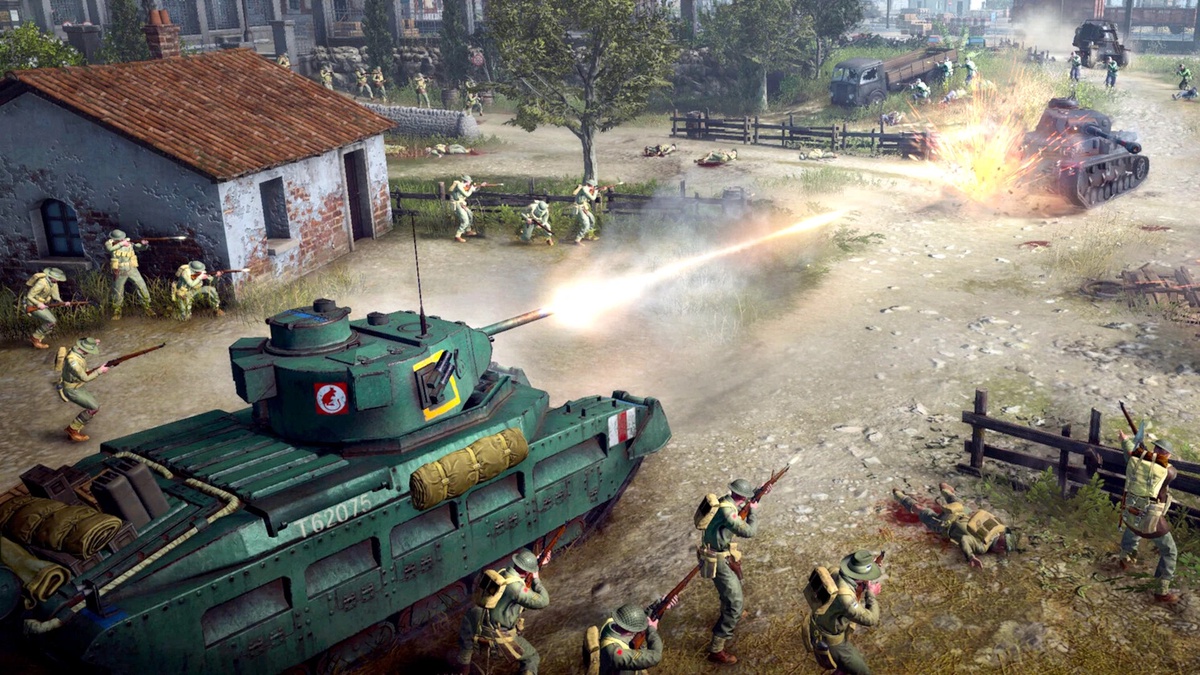The world of game development has witnessed a significant shift with the rise of Unity Engine. Unity has become the go-to tool for game developers due to its versatility, ease of use, and powerful features. Whether you're a beginner or an experienced developer, this comprehensive guide will take you through the fundamentals of game development using Unity Engine. From setting up your development environment to publishing and distributing your game or even hiring an game development outsourcing company which helps to build your game using unity, we'll cover it all. So, let's dive in!
Getting Started with Unity
To begin your journey into game development with Unity, you need to install Unity Engine and set up your development environment. Unity provides a user-friendly interface that allows you to create and manage your projects efficiently. Once you're set up, you'll explore the Unity interface and learn about its workflow, including the scene view, game view, and inspector.
Building Blocks of Unity Game Development
Understanding the building blocks of Unity is crucial for creating interactive games. Game objects, components, and hierarchies form the foundation of Unity development. You'll learn how to manipulate and transform objects in the scene, control their movement, and handle user input. Additionally, we'll introduce you to scripting with C# in Unity, enabling you to add custom behaviors and functionality to your game.
Creating Game Mechanics
Game mechanics are the core elements that drive gameplay. In this section, we'll explore how to implement player movement and controls, allowing users to navigate the game world. You'll also learn about physics simulations and collisions, essential for creating realistic interactions within your game. Furthermore, we'll delve into user interface (UI) design, enabling you to create intuitive and visually appealing interfaces for your players.
Crafting Visuals and Audio
The visual and audio aspects of a game contribute to its immersive experience. Unity provides a range of tools to import and manage assets such as 3D models, textures, and animations. You'll discover how to work with materials and shaders to achieve realistic or stylized visuals. Lighting and post-processing effects will be covered to enhance the overall atmosphere of your game. Additionally, we'll explore adding sound effects and background music to bring your game to life.

Level Design and Scene Management
Level design plays a crucial role in creating engaging gameplay experiences. With Unity's editor tools, you can design and construct game levels efficiently. We'll guide you through the process of building levels, placing objects, and setting up interactive elements. You'll also learn about camera systems and perspectives, allowing you to control the player's viewpoint. Furthermore, we'll cover scene transitions and loading techniques to ensure seamless gameplay progression.
Game AI and NPCs
Artificial Intelligence (AI) is integral to creating non-player characters (NPCs) that behave intelligently in your game. We'll introduce you to AI concepts and show you how to implement basic AI behaviors using Unity's built-in AI tools. You'll explore pathfinding and navigation systems, enabling NPCs to move around the game world and interact with the player or environment.
Multiplayer and Networking
With the popularity of online gaming, multiplayer functionality has become essential. Unity offers networking capabilities that allow you to create multiplayer games. We'll provide an overview of Unity's networking systems and guide you through building multiplayer functionality, enabling players to connect, communicate, and compete in real-time.
Polishing and Optimizing Your Game
To ensure a smooth and enjoyable gaming experience, your game needs to be polished and optimized. We'll explore performance optimization techniques in Unity, including optimizing scripts, assets, and rendering. You'll also learn debugging and testing strategies to identify and fix issues in your game. Moreover, we'll emphasize the importance of user feedback and iteration to continuously improve your game.
Publishing and Distribution
Finally, you'll discover the various platforms and stores supported by Unity. We'll guide you through the process of building and exporting your game for different platforms, such as PC, mobile devices, and consoles. Additionally, we'll touch on marketing and promoting your game to reach a wider audience.
How a Game Dev Studio Can Help Build Your Game with Unity?
If you have a game idea but lack the technical expertise or resources to bring it to life, partnering with a game development studio can be a game-changer. A game development studio specializes in creating games and has a team of skilled professionals who can handle the entire game development process. When it comes to building a game with Unity, a Unity3D Game Development Services can provide invaluable support and expertise. Here are some ways in which a game development studio can help bring your game idea to fruition using Unity:
Technical Proficiency
Game development studios have extensive experience working with Unity and possess a deep understanding of its capabilities and features. They have a team of skilled developers who are proficient in Unity's scripting language, C#. With their technical expertise, they can effectively translate your game idea into a functional and engaging experience within the Unity engine.
Full-cycle Development
Game development studios offer end-to-end development services, taking care of every stage of the game development process. From concept design and prototyping to art creation, programming, and testing, they handle it all. They have the resources to create 3D models, animations, sound effects, and music, ensuring that your game looks and sounds great. They also have quality assurance teams to test and debug your game, ensuring it meets the highest standards of performance and stability.
Customization and Innovation
Game development studios understand that each game is unique and requires customization to stand out. They work closely with you to understand your vision and goals for the game. Using Unity's flexible framework, they can tailor the game mechanics, visuals, and user interface to match your specific requirements. Additionally, they can bring innovative ideas to the table, leveraging their industry knowledge and experience to enhance your game and make it more engaging and memorable.
Project Management
Developing a game is a complex process that requires effective project management to ensure smooth execution. Game development studios have project managers who oversee the entire development process, ensuring that milestones are met, resources are allocated optimally, and communication is streamlined. They provide regular updates on the progress of the project, keeping you involved and informed throughout the development journey.

Optimization and Performance
Game development studios understand the importance of optimization for a successful game. They have experience in optimizing Unity games for various platforms, such as PC, consoles, and mobile devices. They ensure that your game runs smoothly, loads quickly, and delivers excellent performance on different hardware configurations. By optimizing the game's code, assets, and rendering, they can maximize the player's experience and minimize any technical issues.
Post-launch Support
Game development studios provide post-launch support to ensure that your game continues to thrive even after its release. They monitor player feedback, identify and address any issues that arise, and release updates and patches to improve the game. Their support team can handle technical support inquiries, ensuring that players have a positive experience and helping you maintain a satisfied player base.
Partnering with a game development studio can significantly accelerate the development process and increase the chances of success for your game. Their expertise in Unity and game development, combined with their resources and industry knowledge, can help turn your game idea into a polished and market-ready product. Whether you're a first-time game developer or an established company, working with a game development studio can provide the guidance, expertise, and support needed to create a successful game.
Conclusion
Congratulations! You've completed the comprehensive guide to game development with Unity. We covered the essential aspects, from setting up your development environment to publishing and distributing your game. By now, you should have a solid foundation in Unity's workflow and the skills to create your own games. Remember, practice and experimentation are key to mastering game development. So, keep exploring, learning, and creating amazing games with Unity Engine!


No comments yet